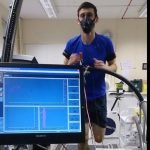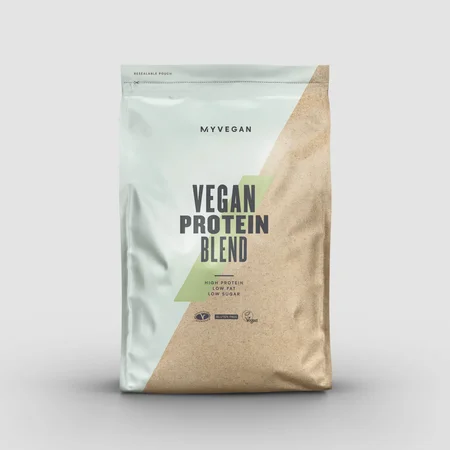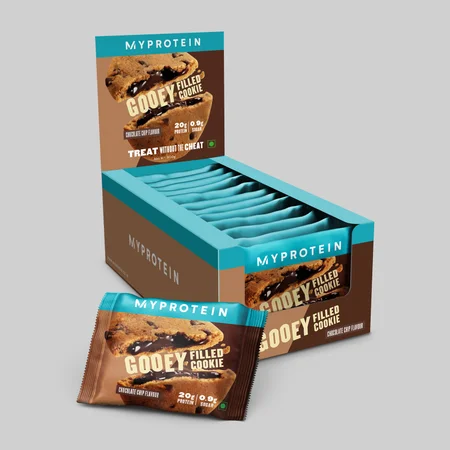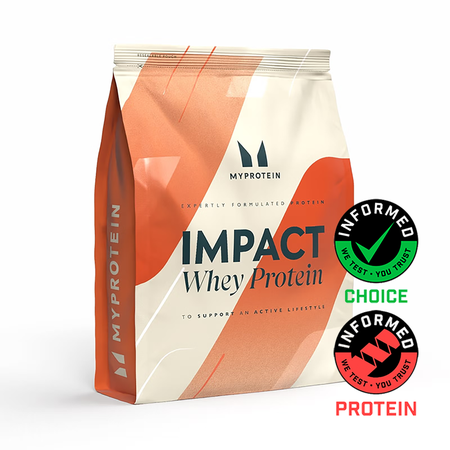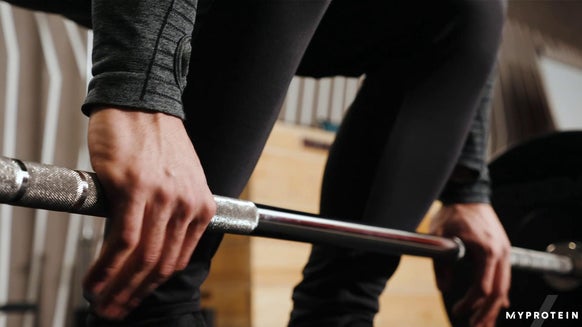
Written by Delphine Lim
A High Protein Diet & Its Benefits
We have all heard about this. We know it works. We know it is effective - but how does it really help you lose weight? According to the International Food Information Council Foundation, 50% of consumers are keen to incorporate more protein into their meals. With the increasing interest in low-carb and Paleo diets, high protein diets have been regarded as the pinnacle of successful weight loss stories. With that in mind, let’s learn more about your weight loss pal as you make protein an ally for achieving a better body.
1. Protein Reduces Appetite
Your brain controls your appetite at a particular area called the hypothalamus. When and how much you eat is determined by hormones which send signals to the brain in response to feeding. A higher protein intake reduces the level of the hunger hormone ghrelin while increasing the satiety (appetite-reducing) hormones - cholecystokinin, peptide YY and GLP-1. This will lead to a reduction in hunger and (possibly) prevent you from getting another slice of cake. Thus, through replacing carbohydrates and fat with protein, it will result in a reduced calorie intake. Over time, the calorie savings will lead to weight loss.
2. Protein Keeps You Fuller
In comparison to foods high in fat and carbohydrate, high protein foods make you feel fuller. In a study by the University of Missouri, a 300 calorie breakfast consisting of 30-39g of protein increases satiety and prevents hunger until lunchtime. As a cherry on top, the study also shows that individuals who consumed a high-protein breakfast tend to consume fewer calories throughout the day. So, put your dessert stomach aside and include foods high in protein such as chicken, beef, fish, lentils or eggs with every meal.
3. It Burns More Calories
Every bodily process requires energy that is expended in the form of calories. The energy used to digest and metabolise food we eat is called the Thermic Effect of Food (TEF). When compared to carbohydrates and fat, protein has a higher TEF which signifies that you burn more calories in order to break down protein than other macronutrients. Now, what are you waiting for? Eat more protein to burn more!
4. It Keeps Cravings at Bay
What’s worse than steamed chicken breast? Cravings. What’s even worse? Late-night snacking. Luckily, our prized protein has the ability to prevent cravings and late-night snacking. A research from the University of Missouri compared a normal-protein and high-protein diet in overweight men. The results showed a reduction in cravings by 60% and late-night snacking by 50% when protein was consumed at 25% of the daily calorie intake. With your beloved protein, there is no excuse to slip away from your healthy diet anymore.
5. Protein Encourages Muscle Growth and Repair
When you lose weight, you are aiming to lose body fat and not muscle mass. This is because muscle burns more calories than fat. Therefore, more protein intake equals more protein synthesis and a reduction in muscle loss. In order to maintain or increase muscle mass, strength training is an important component to add to your weight loss plan. So go pump some iron to reach your goal weight!
Take Home Message
Instead of following crazy diet fads, starving yourself or eating cauliflower base pizzas, increasing your protein intake is a simple and sustainable method for healthy weight loss. Interested to start adding protein into your diet? Check out MyProtein’s delicious recipes on Instagram Page!
